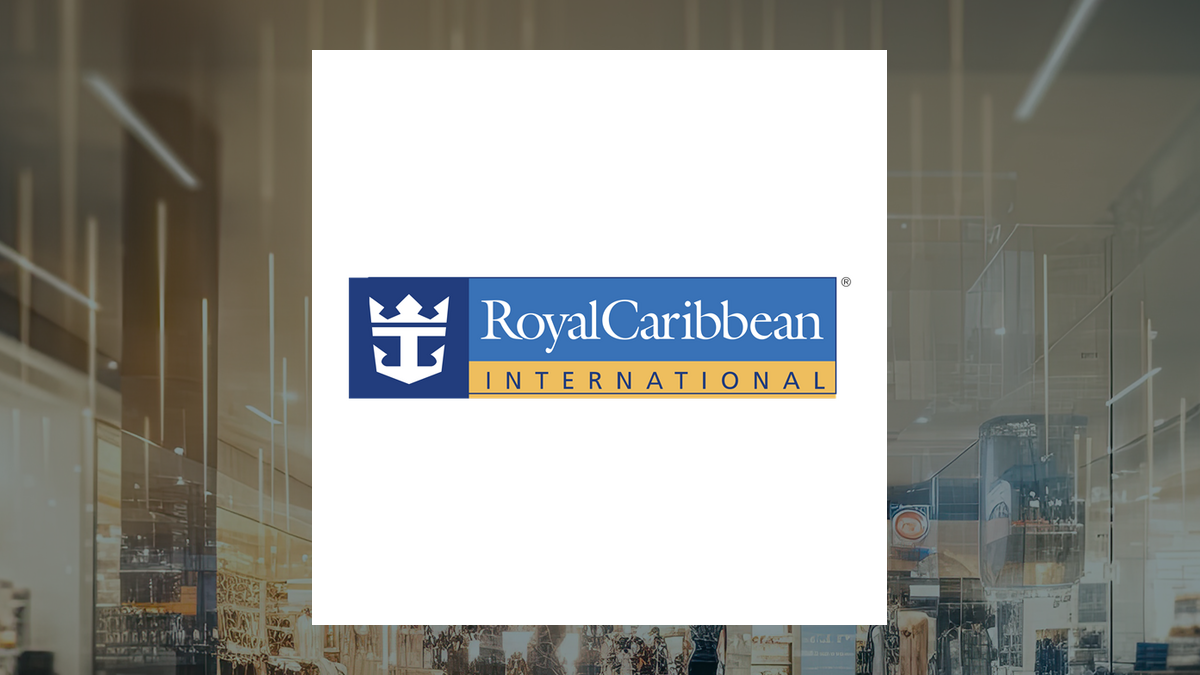 RCL has seen consistent revenue growth over the past three years, driven by various revenue streams from cruise operations. Operating expenses increased in 2024, impacting net income margin. Management focuses on improving operational and financial metrics and addressing market risks. Key performance indicators show improvement in Q1 2024 but indicate lower ROI compared to the cost of capital. Market risks, cybersecurity risks, and potential liabilities are key concerns. RCL plans to capitalize on seasonal demand for cruises by focusing on specific regions. The report does not mention specific plans for market expansion or sustainability initiatives.
RCL has seen consistent revenue growth over the past three years, driven by various revenue streams from cruise operations. Operating expenses increased in 2024, impacting net income margin. Management focuses on improving operational and financial metrics and addressing market risks. Key performance indicators show improvement in Q1 2024 but indicate lower ROI compared to the cost of capital. Market risks, cybersecurity risks, and potential liabilities are key concerns. RCL plans to capitalize on seasonal demand for cruises by focusing on specific regions. The report does not mention specific plans for market expansion or sustainability initiatives.
Executive Summary
Financials
Revenue growth has been consistent over the past three years, driven by passenger ticket revenues from the sale of tickets and air transportation, as well as onboard and other revenues from goods, services, and various fees on cruise ships. Operating expenses have increased in 2024, primarily due to higher payroll and benefits, advertisement, and media promotion spending. There were no significant changes in cost structures mentioned. The company’s net income margin is 9.8%, a decline from last year. It is below industry peers’ average.
Management Discussion and Analysis
Management has focused on improving operational and financial metrics and analyzing results of operations. The success of these initiatives is not explicitly stated in the provided information. Management assesses market risks in our Annual Report on Form 10-K. They evaluate disclosure controls and procedures to ensure timely decisions. No material changes to market risks were reported since the 2023 Annual Report. Management has identified market risks as a major concern. To address this, they have implemented effective disclosure controls and procedures to ensure timely and accurate information for informed decision-making. Additionally, there have been no significant changes in internal controls over financial reporting.
Key Performance Indicators (KPIs)
Risk Assessment
External factors that pose risks to the company operations and financial performance include market risks, changes in internal control over financial reporting, and uncertainties in future results, as mentioned in their Quarterly Report on Form 10-Q. RCL assesses and manages cybersecurity risks by evaluating disclosure controls and procedures, ensuring information is communicated to management timely, and recording, processing, summarizing, and reporting information within SEC specified time periods. This helps in making timely decisions regarding required disclosure. Yes, the company faces potential contingent liabilities from indemnification provisions and a lawsuit under the Helms-Burton Act. RCL has not made payments under indemnification clauses and is actively defending against the lawsuit.
Corporate Governance and Sustainability
The board of directors consists of the President, Chief Executive Officer, and Chief Financial Officer. There are no notable changes in leadership or independence reported. RCL does not address diversity and inclusion in its governance practices and workforce, and there is no commitment to board diversity. RCL demonstrates its commitment to responsible business practices through its global cruise brands, offering worldwide itineraries with over 1,000 destinations. Sustainability initiatives and ESG metrics are not explicitly disclosed in the report.
Forward Guidance
The company’s forward-looking guidance aligns with its strategic initiatives and priorities by emphasizing the importance of managing risks, uncertainties, and market factors. This ensures timely decision-making and financial reporting, supporting the overall goals outlined in the annual report. RCL plans to capitalize on the seasonal demand for cruises by focusing on deployment to the Caribbean, Asia, and Australia during the Northern Hemisphere’s summer months and holidays. This strategy aims to mitigate the impact of winter weather and take advantage of peak travel seasons. The forward-looking guidance does not explicitly indicate any investments or strategic shifts for long-term growth and competitiveness. The focus seems to be on current operational and financial metrics, as well as results of operations for the quarter.
For more information:
This article was created using artificial intelligence technology from Klickanalytics.
